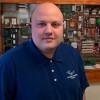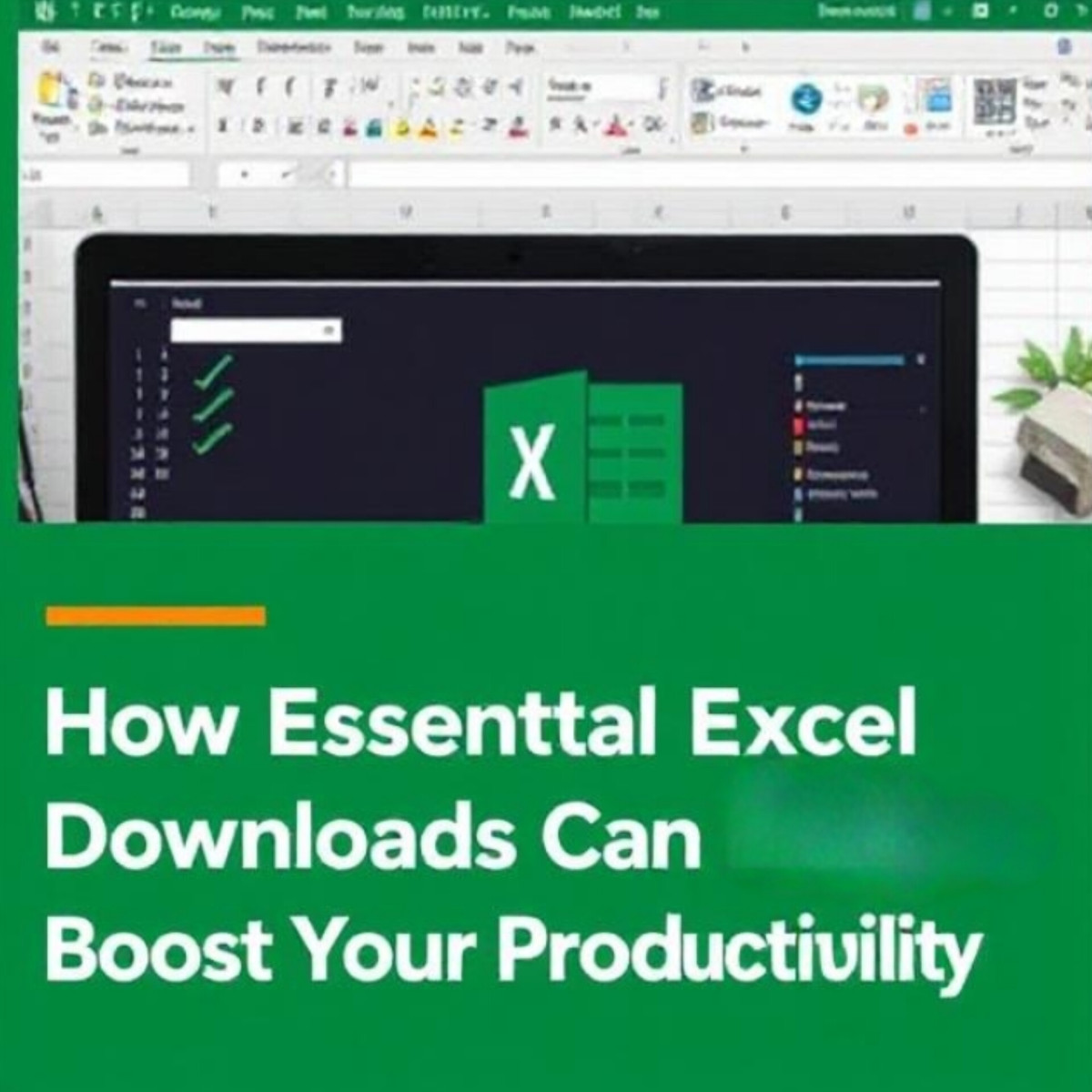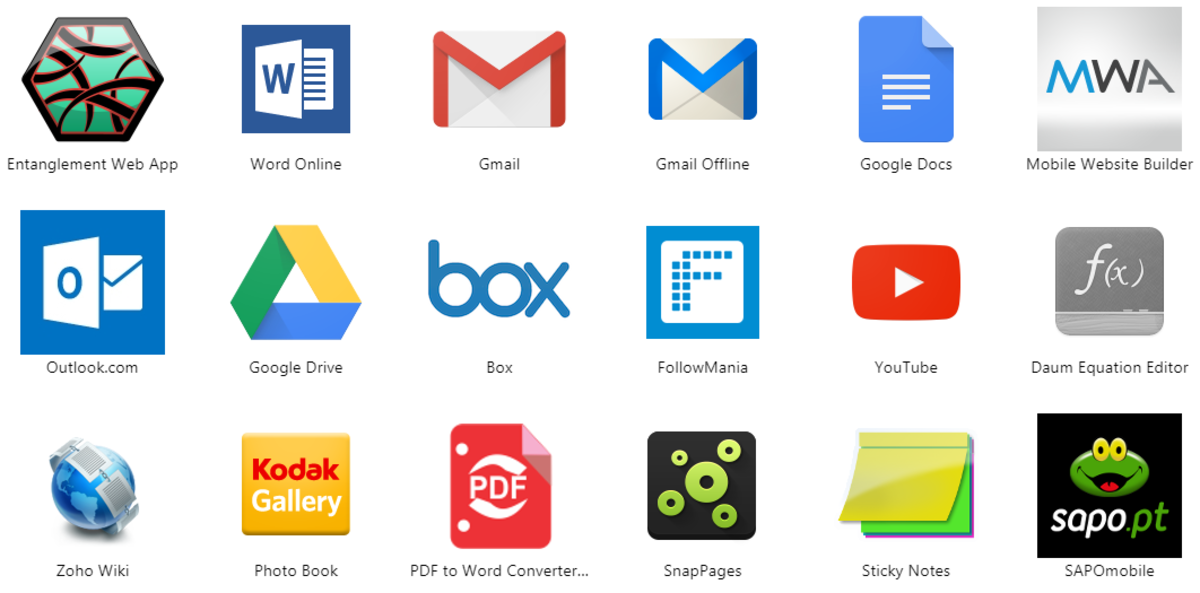- HubPages»
- Technology»
- Computers & Software»
- Computer Software»
- Utilities Software
Importance of Cloud Data Backup
Introduction to Backblaze
Yes, We Use Backblaze!
Before you read all the good information below, just wanted to take a moment that and tell you, that I personally use Backblaze's services. Just recently, I was working on a quote using an Excel template that I always do, and forgot to save as, instead just saved. I closed the document, suddenly realizing that I overwrote my original template. I realized this was a stupid mistake, but wasn't worried, reopened the document, and saved it appropriately.
Losing Data Can Be Heart Breaking
So, why is it that so many people do not backup there data? Simply because most users don't know how, or think their computer will last forever or at least until they are ready to buy a new one. In this hub, we will touch on how to backup data, what to use to backup, and what you can do if you have lost your data.
Backing Up Important Files: MP3, Pictures, Documents, & More
- Data backup, doesn't have to be difficult. That is why before I explain all the conventional ways of backing up, I would like you to consider an online backup solution with Backblaze first. This is the method I use, it is cheap, affordable, and simply the best way to go for as long as you have a broadband connection.
Online Backup:
As I stated above, online backup is the most affordable and easiest way to go, whether your a business or just a single user. Once the software is setup to save your files, you can forget about it and be on your way. It is safe, encrypted, and allows you peace of mind. When was the last time you backed up your data? Backblaze is automatic, we are not.
Conventional Backup:
What I mean by conventional is more or less another piece of hardware that needs software or you to move (copy) files to. Some examples of this media would be: Flash Drives, CD-R, DVD-R, Tape, and External Hard Drives.
Backing up to these medias can be as easy as opening the folders you want to backup, then copy and paste to the drive or media.
As a note, all the above is only as good as you protect it. What I mean by that is if the hardware is left sitting on your desk and not put into a fire safety box, and the unforeseen happens and the media burns up with everything else, then you can count your data gone.
Data Backup Tips and Failure Prevention
Hard drives are not 100% trustworthy. They will fail, in time. So, always backup your data regularly to another source that is secure and safe.
- Always exit programs properly to allow data to be written back to the hard drive or media correctly. Shutting your computer off cold turkey is a bad idea, and is a leading cause for data corruption and physical hard drive failures.
- All computer equipment should be on a surge protector at the least. A better solution would be a surge protector and a battery backup unit.
- Never move Desktop computer towers (cases) while it is running. If you must, then do so gently, a bad bump or drop could bring your hard drive to a head crash and turn your data to dust literally.
- Avoid rapid temperature changes. If a computer is really cold, give it time to warm up and the opposite if it is really hot, allow it to cool down to room temperature. If a computer goes from one extreme to the other in a short amount of time, circuits could crack and cause lots of damage. Room temperatures should not be any higher than 80 degrees, nothing lower than 32 degrees.
- If you hear strange noises like grinding, squealing, clicking, etc. coming from your computer's hard drive. Turn it off! You may be experiencing a hard drive physical failure, and the longer you have it on trying to recover it, the less of a chance there is to recover it.
If however you lost your data due to mechanical failure, fire/flood, etc. You should give Drive Savers a call. They can be contacted at 800-440-1904 If you want a discount off the cost, don't forget to mention ID# DS16416.
This content is accurate and true to the best of the author’s knowledge and is not meant to substitute for formal and individualized advice from a qualified professional.
© 2009 Ryan Hutzel



